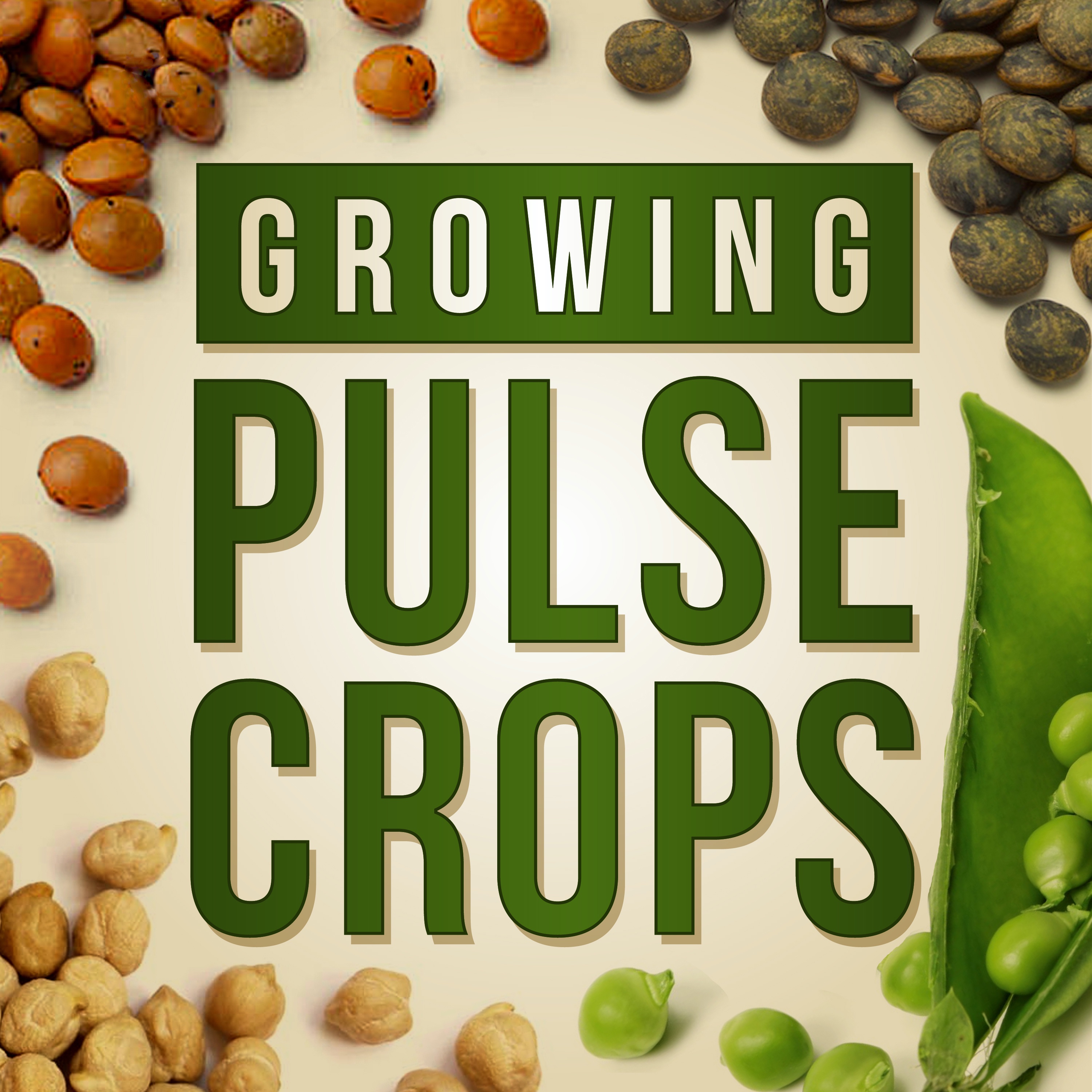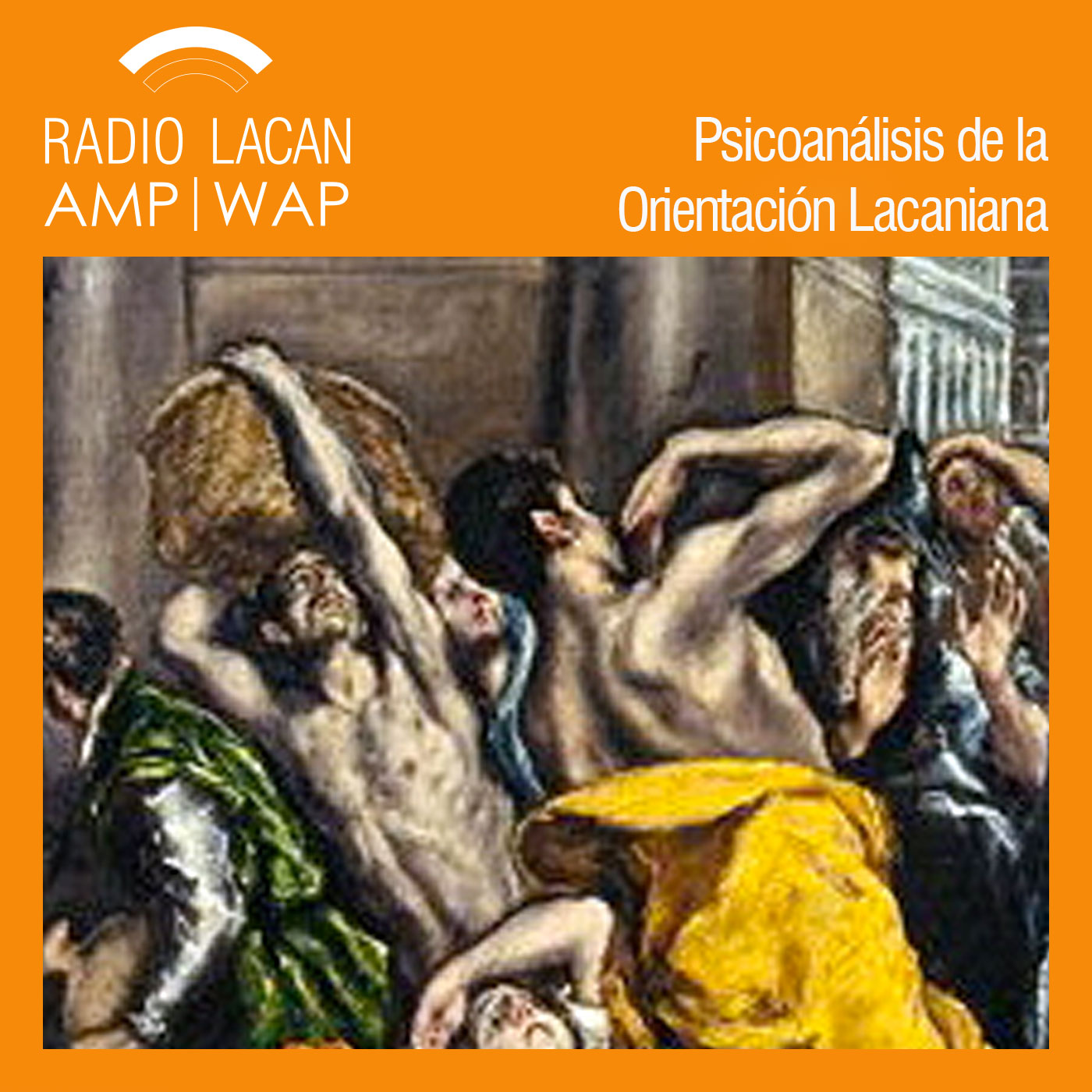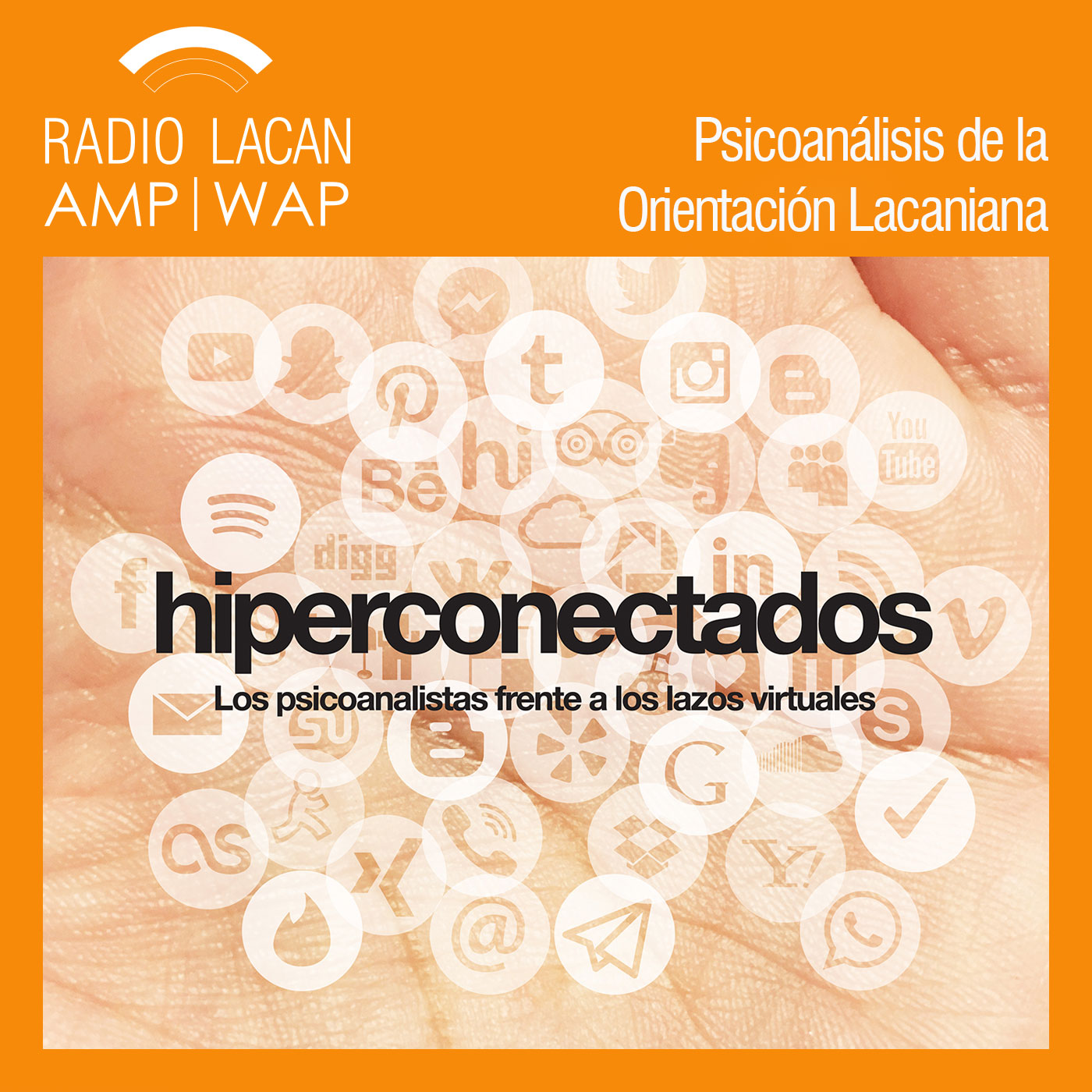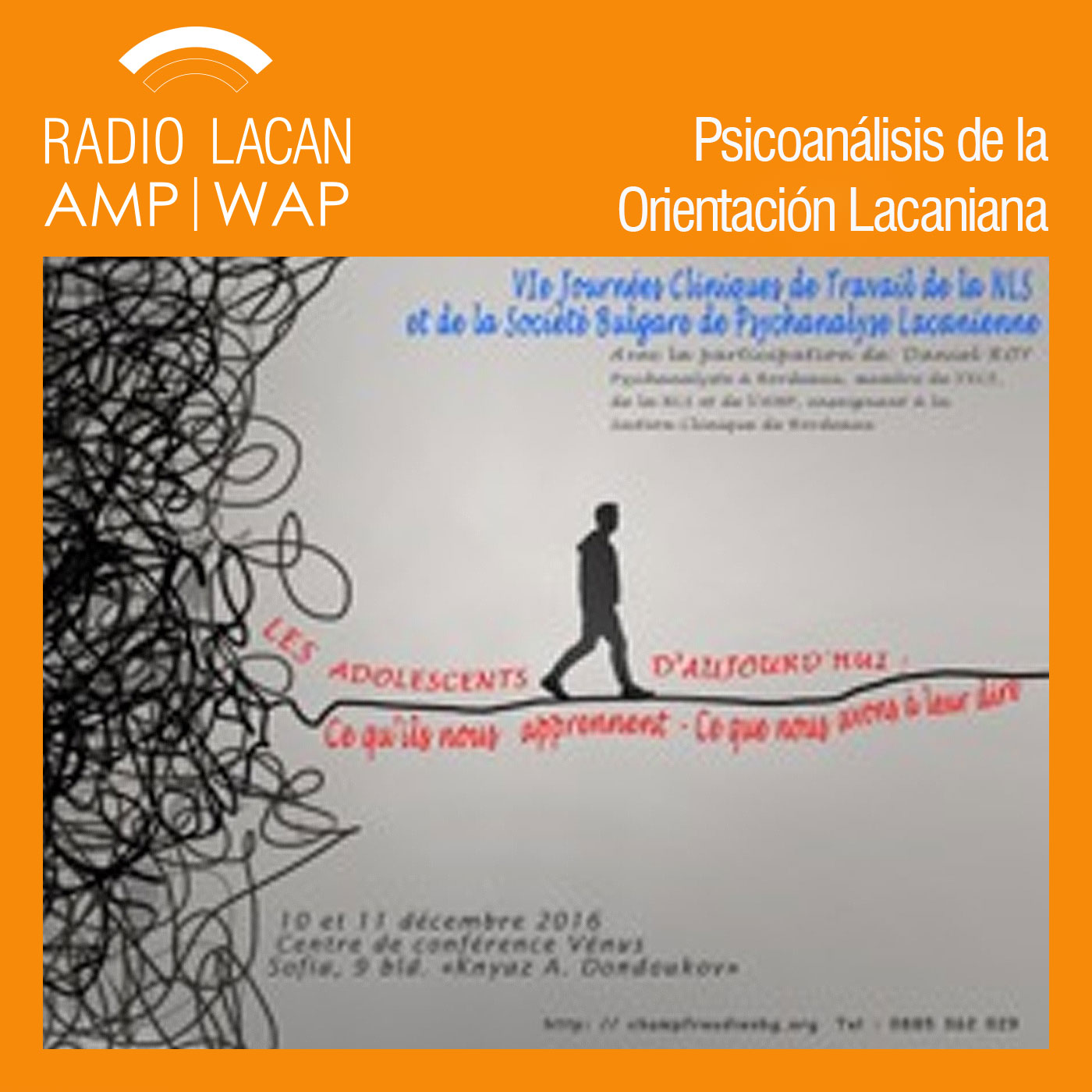 |
Growing Pulse CropsThe science and business of farming field peas, chickpeas, and lentils Author: Pulse Crops Working Group
This show features the latest in research, agronomy, and economics of pulse crops (peas, chickpeas, lentils, etc.). Demand for these nutrient-dense, high-protein foods continues to grow. There is also interest from farmers to include more pulses into diverse rotations for benefits like nitrogen fixation and soil health. But the industry continues to face challenges, and we are eager to address these head on. So if youre a pulse grower or in any way interested in these important crops, hit subscribe and stay tuned for future episodes. Well be back with plenty of information about challenges pulse farmers are facing throughout the U.S. and what solutions are working. Brought to you by the Pulse Crops Working Group with support from the North Central IPM Center and USDA NIFA. Language: en Genres: Life Sciences, Natural Sciences, Science Contact email: Get it Feed URL: Get it iTunes ID: Get it Trailer: |
Listen Now...
Herbicide-Resistant Weeds and Integrated Management with Charles Geddes, Ph.D.
Episode 2
Thursday, 26 February, 2026
Dr. Charles Geddes is a research scientist with Agriculture and Agri-Food Canada based out of Lethbridge, Alberta. His research program focuses primarily on herbicide resistant weeds, where he looks at the discovery of new types of herbicide resistance, characterizing those types of resistance, and then monitoring where resistance is occurring across the Canadian prairies. In this episode, he shares about the growing incidences of resistance across the Canadian Prairie, the types of resistance, why resistance in weeds like kochia is spreading so fast, and what the research is telling us about trying to reverse this troubling pattern. “About 70% of the fields that are annual crop production in the region have at least one type of herbicide resistance present. So group one and two resistance in wild oat, I mean both the in-crop options that we have in small grain cereals, for example. But in kochia, we have resistance, so widespread resistance to group two to the point it's not even worth testing for. Glyphosate resistance is in about 75% of the samples that we test. We then have resistance to auxin mimics, which would be group fours, primarily Fluroxypyr and Dicamba. And more recently we've identified group 14 resistance or PPO inhibitor resistance.” - Dr. Charles GeddesThis Week on Growing Pulse Crops:Dr. Charles Geddes is a research scientist with Agriculture and Agri-Food Canada Understand the growing incidence of herbicide resistance across the Canadian Prairie and what the research suggests needs to happen to resist this concerning trendExplore different options for weed management that can be used in conjunction with herbicide use such as competitive planting techniquesLearn more at the Prairie Weed Monitoring Network WebsiteGrowing Pulse Crops is produced by Dr. Audrey Kalil and hosted by Tim Hammerich of the Future of Agriculture Podcast.








